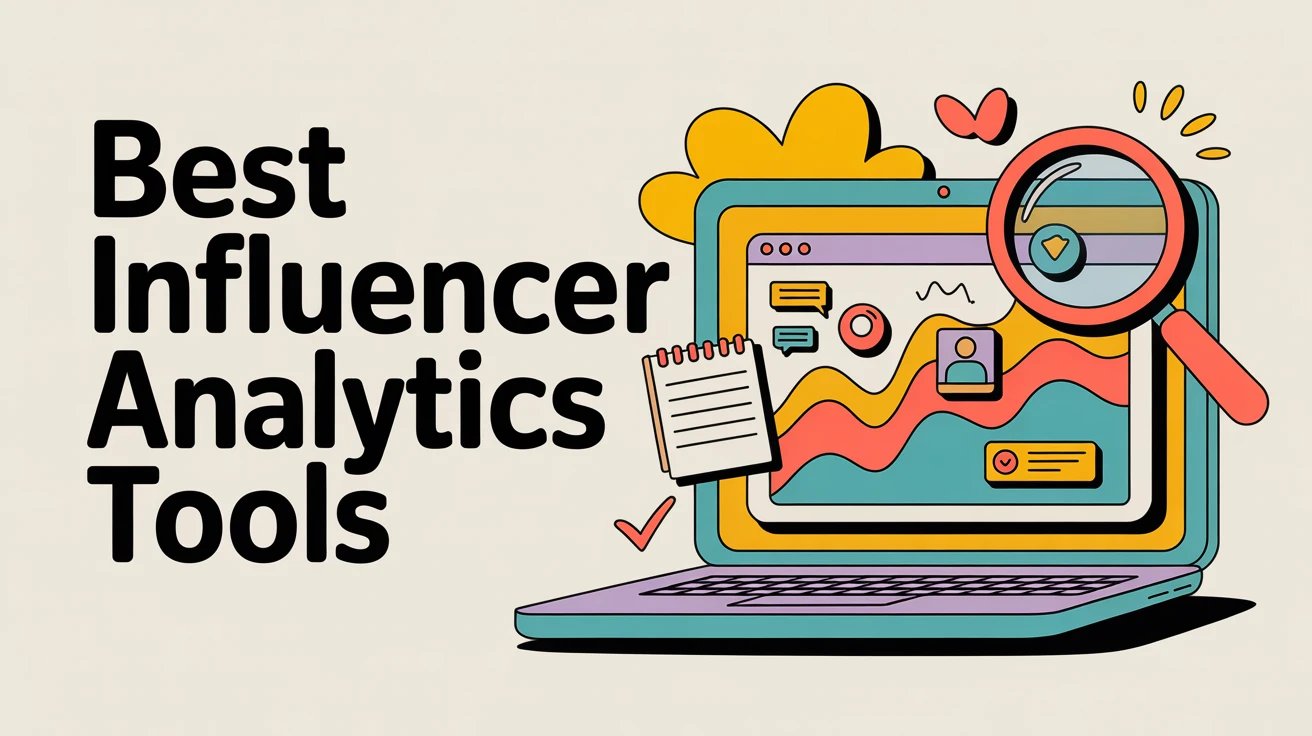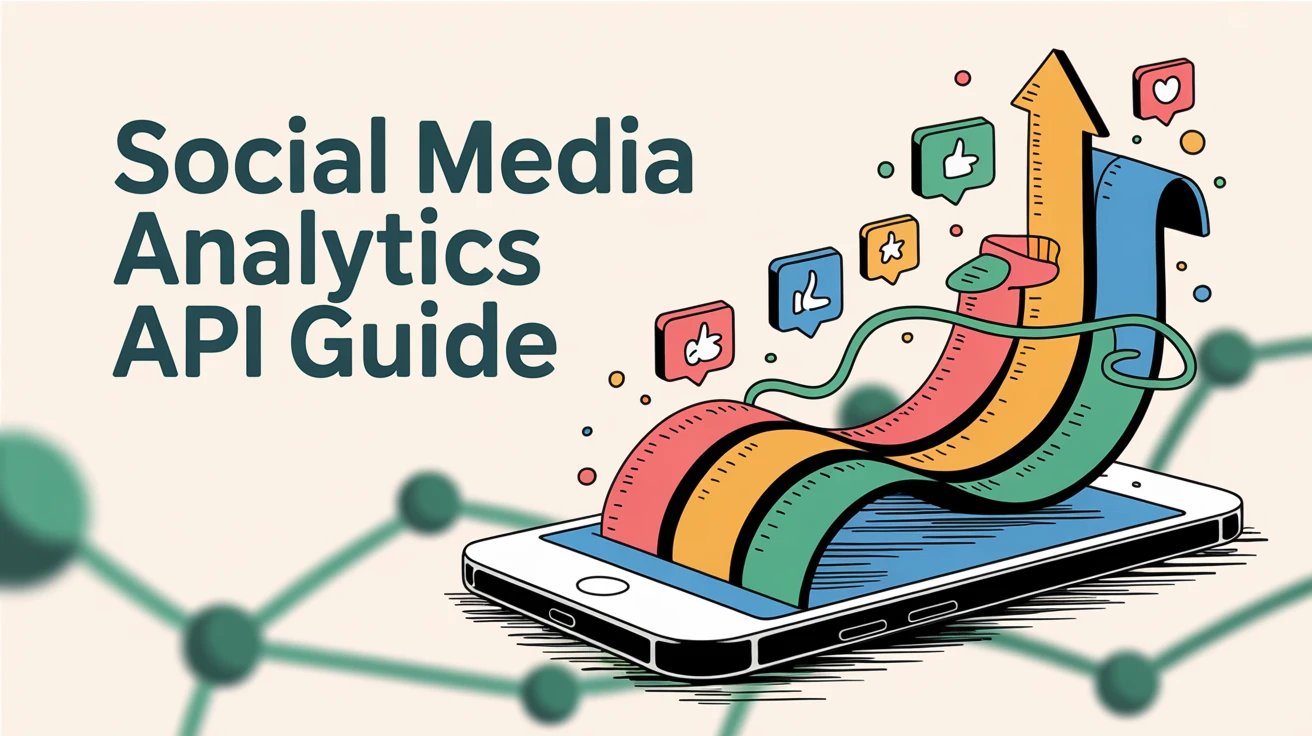In the digital-first world of today, businesses cannot afford to ignore the power of social media. Social platforms have become the voice of the customer, providing real-time insights into public sentiment, consumer behavior, and brand perception. Integrating social media monitoring with Customer Relationship Management (CRM) systems allows businesses to enhance customer engagement, deliver better experiences, and create stronger relationships. This integration is a necessity for companies looking to stay competitive.
In this post, we’ll explore the strategic benefits of integrating social media monitoring with CRM systems, how to go about the integration, and how businesses can leverage it to their advantage.
Why Integrating Social Media Monitoring with CRM Systems Matters
Let’s first understand the value of social media monitoring. Social media is full of information for brands, offering a direct line to customers’ thoughts and emotions. By monitoring social media, businesses can gather valuable insights into what customers are saying, what they care about, and how they perceive your brand. However, while monitoring is crucial, it’s not enough on its own. Integrating this data with CRM systems transforms it into actionable intelligence that can drive decision-making, personalize customer interactions, and improve overall service.
Holistic View of Customer Interaction
Social media monitoring combined with CRM systems provides a 360-degree view of customer interactions. Instead of looking at social media conversations and CRM data in silos, integration ensures that both sources work in harmony. By connecting social media engagement with CRM records, businesses can gain a more complete understanding of customer preferences, pain points, and purchasing behavior.
For example, a customer may post a complaint on Twitter about a delayed shipment. If your CRM system is integrated with social media monitoring tools, that tweet can be automatically linked to the customer’s profile. The customer service team can then address the issue in real-time, with full context on the customer’s history, preferences, and previous interactions, ensuring a faster, more personalized resolution.
Improved Customer Support
Speed and efficiency are critical in customer service, especially in the age of social media. Customers often turn to platforms like Twitter or Facebook to express dissatisfaction, making it essential for businesses to monitor these channels closely. Integration with a CRM system allows businesses to respond quickly to these concerns, leveraging past data from the customer’s profile to resolve issues more effectively.
For instance, if a customer tweets about a product issue, your CRM system can provide the team with insights into the customer’s previous interactions, purchase history, and preferences. This enables the support team to provide more relevant and informed responses, which leads to higher customer satisfaction.
Enhanced Personalization
Personalization is at the core of modern marketing. When a business integrates social media data into its CRM system, it gains access to deeper insights into what individual customers are talking about, what interests them, and how they engage with the brand. By understanding these nuances, brands can tailor their messaging, offers, and outreach to meet specific customer needs.
For instance, if a customer tweets about a specific product they’re interested in, this data can be fed directly into the CRM system, allowing sales or marketing teams to follow up with personalized recommendations. By proactively addressing customer interests or concerns, businesses can create more meaningful interactions that lead to higher engagement and conversion rates.
Proactive Marketing Campaigns
Social media monitoring integrated with CRM can also fuel more effective marketing campaigns. By analyzing trends and sentiments, brands can identify emerging opportunities or customer needs. This insight allows businesses to create proactive campaigns that resonate with their audience. For instance, if there’s a surge in positive sentiment about a particular feature of your product on social media, your marketing team can create targeted campaigns to highlight this feature in their outreach.
Additionally, integration allows businesses to track the success of campaigns in real-time. By linking CRM data with social media metrics, companies can monitor customer responses, refine their approach, and adjust their strategy as necessary. This creates a feedback loop that enhances the overall impact of marketing efforts.
Better Sales Insights and Lead Generation
One of the greatest benefits of social media monitoring is lead generation. By tracking customer conversations and interactions on social media, businesses can identify potential leads based on specific keywords, interests, or inquiries. Once a lead is identified, the CRM system can automatically update the customer profile with relevant social media data.
Iff a prospect mentions a product or service on LinkedIn, the sales team can be alerted immediately. The integration between social media and CRM systems helps provide context about the lead, such as previous interactions or buying behavior. This increases the chances of turning the lead into a loyal customer by equipping the sales team with relevant insights and allowing for timely outreach.
How to Integrate Social Media Monitoring with CRM Systems
Integrating social media monitoring with CRM systems may sound complex, but with the right tools and strategy, it can be achieved efficiently. Here’s a step-by-step approach to integrating these two powerful systems:
Step 1: Choose the Right Social Media Monitoring Tools
The first step in integration is selecting the appropriate social media monitoring tools. Popular platforms like Hootsuite, Sprout Social, or Shortimize can help you track mentions, sentiment, hashtags, and other important metrics across multiple social media channels. These tools provide deep analytics and customizable dashboards, which can be used to gather insights from customer conversations.
Ensure the monitoring tool you choose can integrate with your CRM platform. Many social media tools have native integrations with CRM systems such as Salesforce, HubSpot, or Zoho, making the integration process smoother.
Step 2: Set Up API Integrations
The key to seamless integration is connecting the social media monitoring tool with your CRM through an API (Application Programming Interface). Most modern CRM platforms offer APIs that allow data from external sources (like social media monitoring tools) to flow into customer profiles. This process may require technical expertise, but it ensures that the systems can communicate with each other and update customer information in real-time.
Step 3: Define What Data to Track
Not all social media interactions need to be tracked. To make the integration meaningful, you’ll need to define which social media interactions are most relevant to your business. This could include mentions of your brand, feedback on products, customer complaints, and customer service inquiries. By narrowing the focus to the most important interactions, businesses can avoid data overload and ensure the CRM system only receives valuable insights.
Step 4: Automate Data Flow
Once your social media monitoring tool is integrated with your CRM, set up automated workflows to ensure data flows smoothly between the two systems. For example, customer interactions on social media could trigger an alert in the CRM, prompting the sales or customer service team to take action. Automating this process helps businesses respond quickly and consistently, ensuring no customer inquiry goes unanswered.
Step 5: Train Your Team
Integration is only as effective as the team that uses it. Ensure that your marketing, sales, and customer service teams are trained to leverage the integrated systems. They should understand how to access and utilize social media insights within the CRM to personalize their outreach and respond to customers effectively.
Overcoming Challenges in Integration
While integrating social media monitoring with CRM systems brings substantial benefits, there are challenges that businesses may encounter:
- Data Overload: With so much social media data available, businesses may struggle to prioritize relevant insights. Setting clear objectives and defining which metrics are most important can help mitigate this issue.
- Complex Integration: Integrating systems can require technical expertise, especially if the CRM and social media tools use different technologies. Working with IT professionals or a vendor that specializes in integrations can help streamline the process.
- Privacy Concerns: Social media data must be handled carefully, particularly when it comes to privacy and data protection regulations like GDPR. Ensure that your integration processes comply with all relevant legal requirements.
Conclusion
Integrating social media monitoring with CRM systems is an invaluable strategy for businesses looking to enhance their customer engagement and stay competitive in today’s fast-paced, digital world. By combining real-time insights from social media with customer data in CRM systems, businesses can offer more personalized, timely, and effective customer interactions.
Though the integration process requires careful planning, the benefits—improved customer support, more effective marketing, and proactive sales strategies—make it well worth the effort. As businesses increasingly realize the importance of social listening and real-time responsiveness, integrating social media monitoring with CRM will continue to be a game-changer in customer relationship management.


